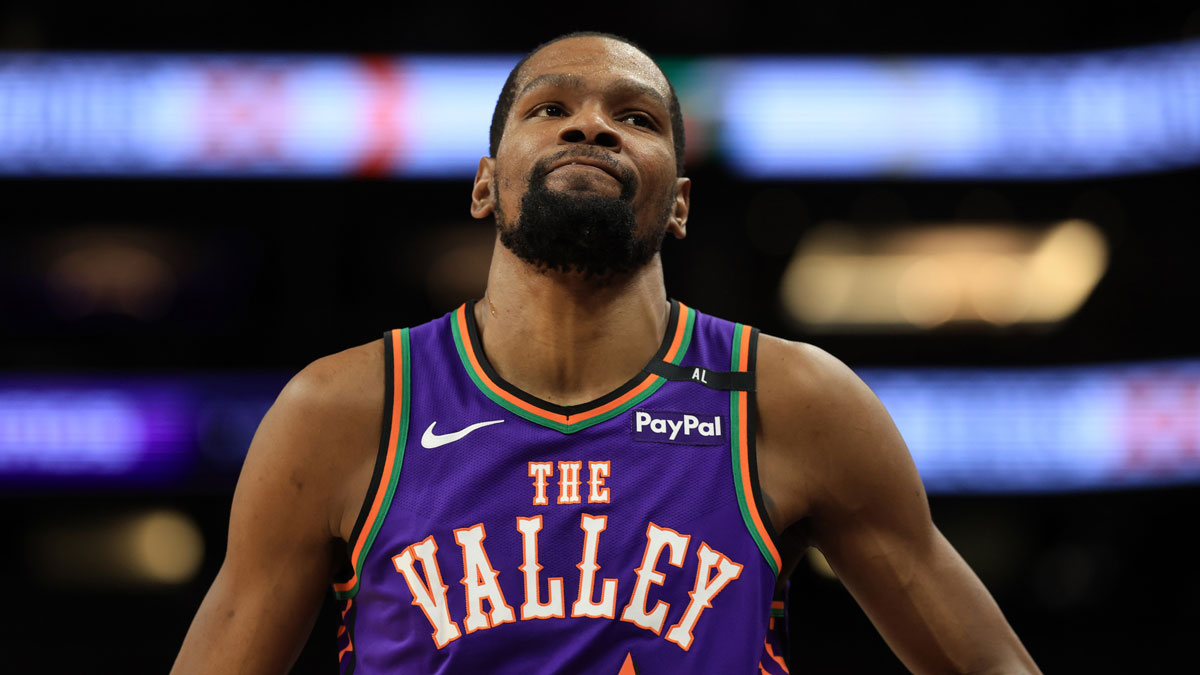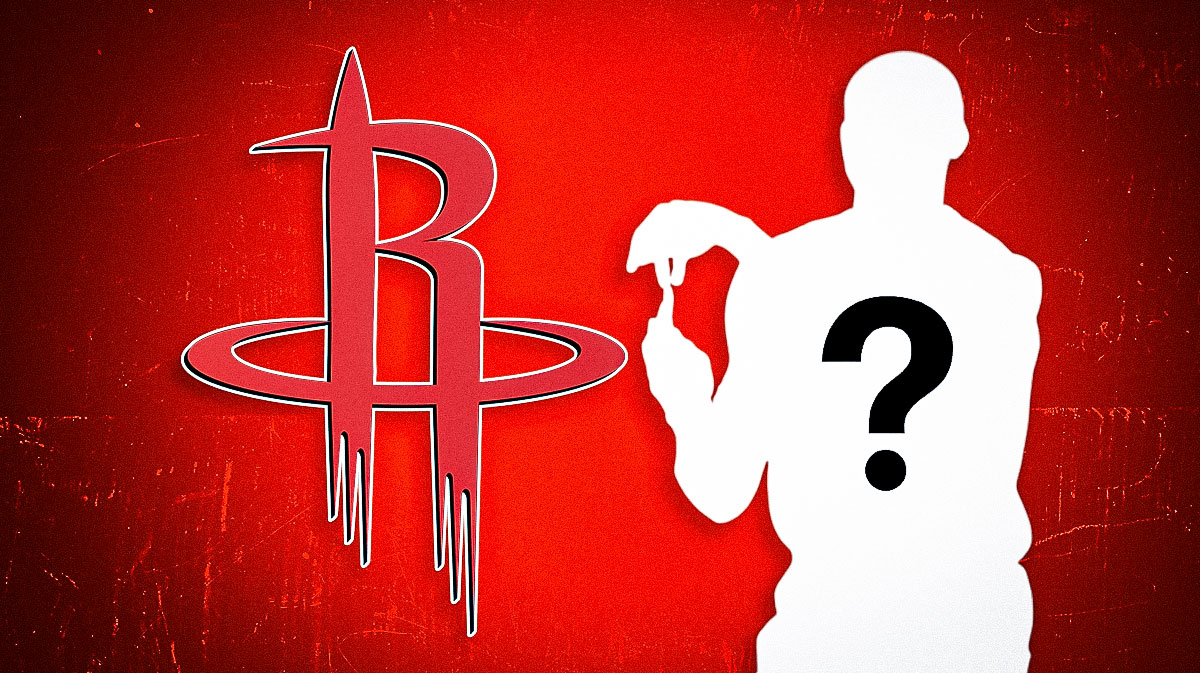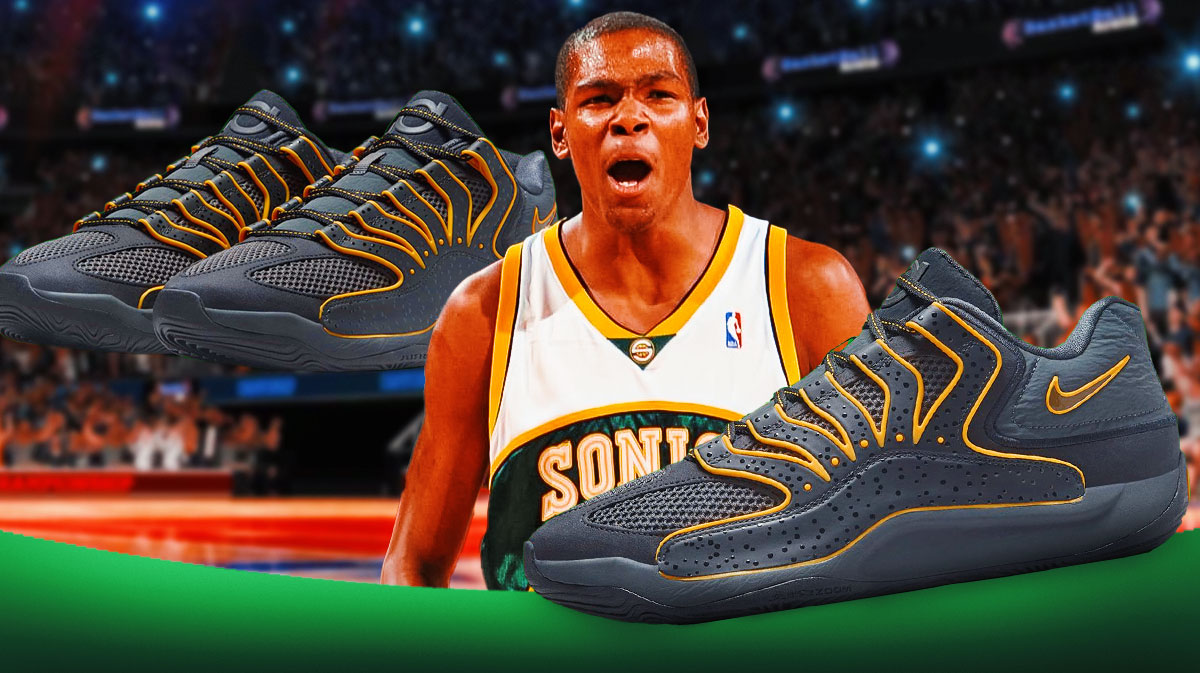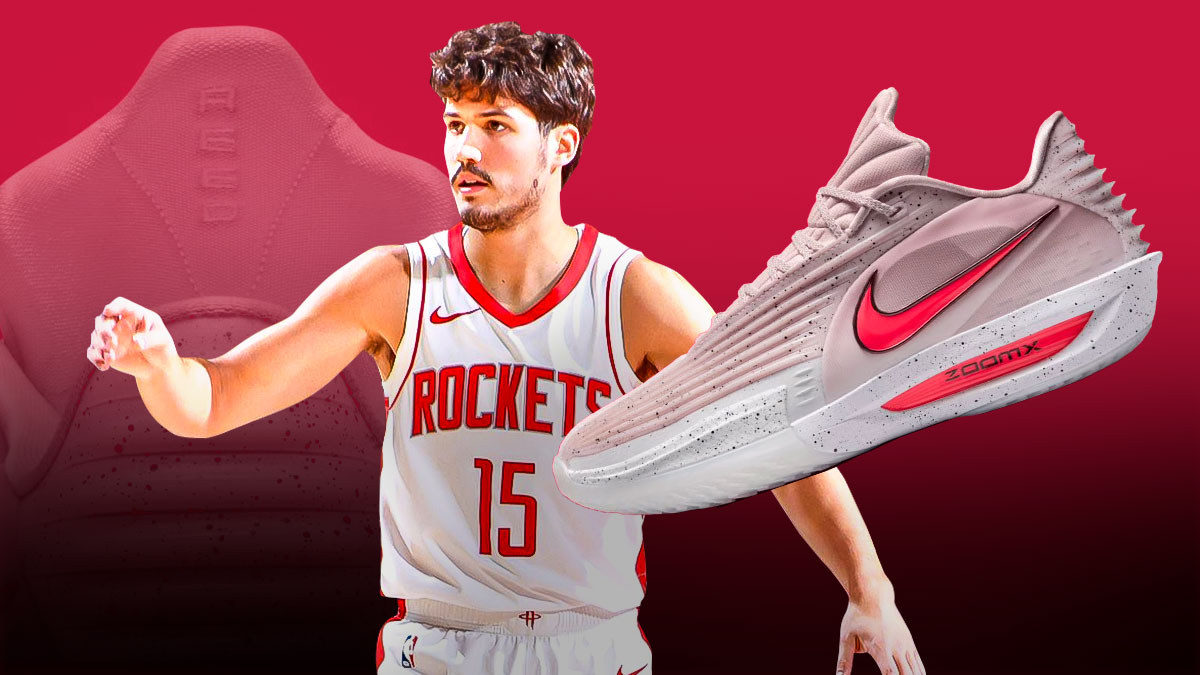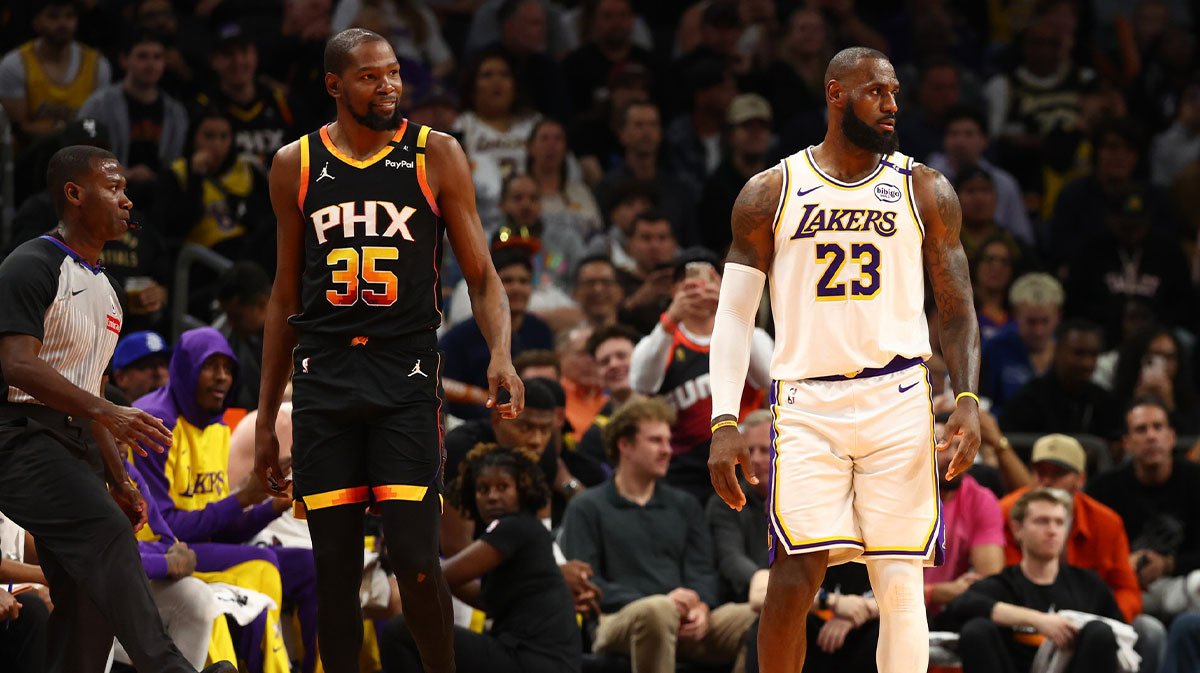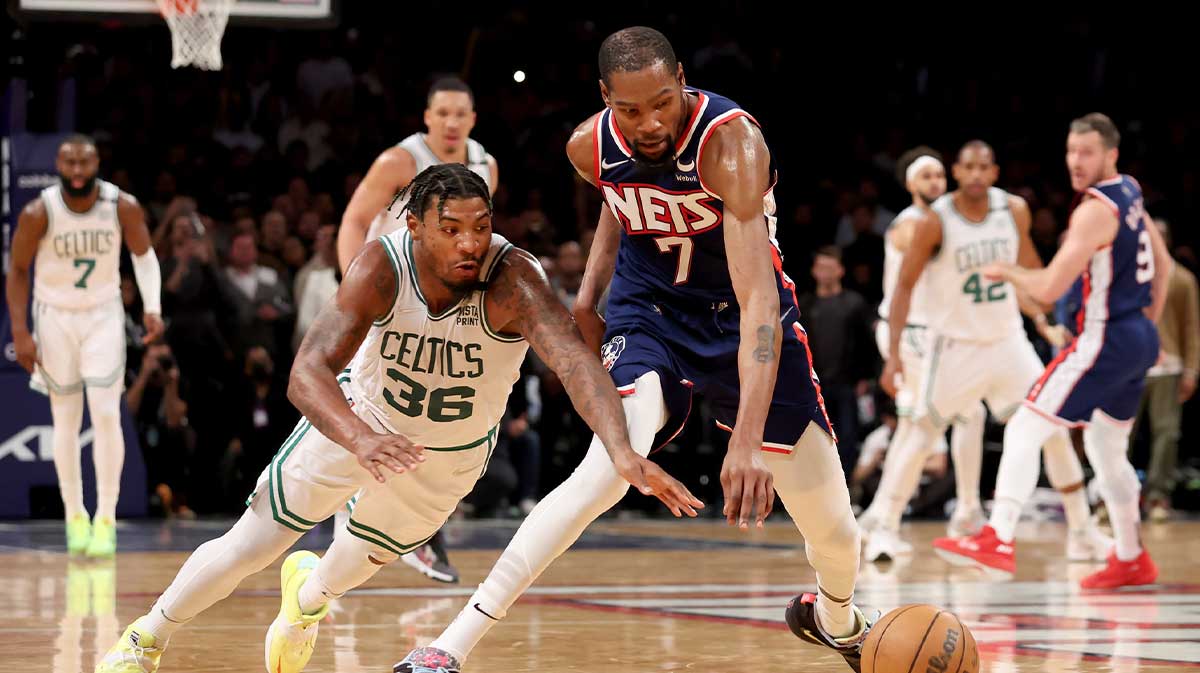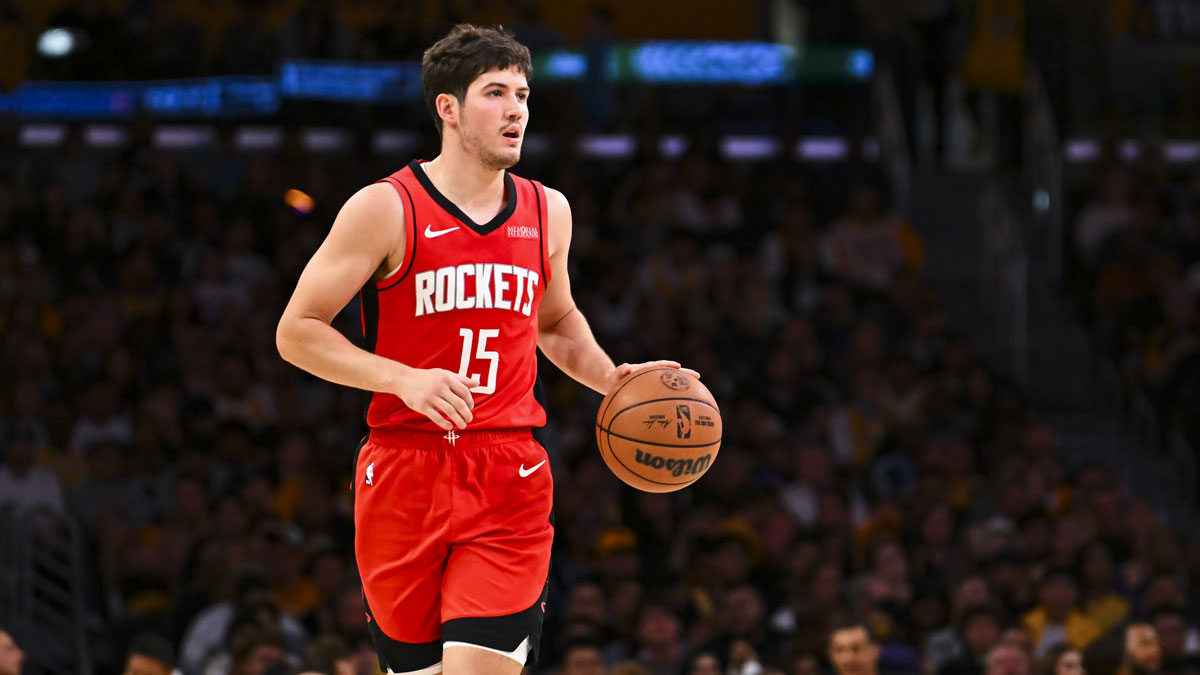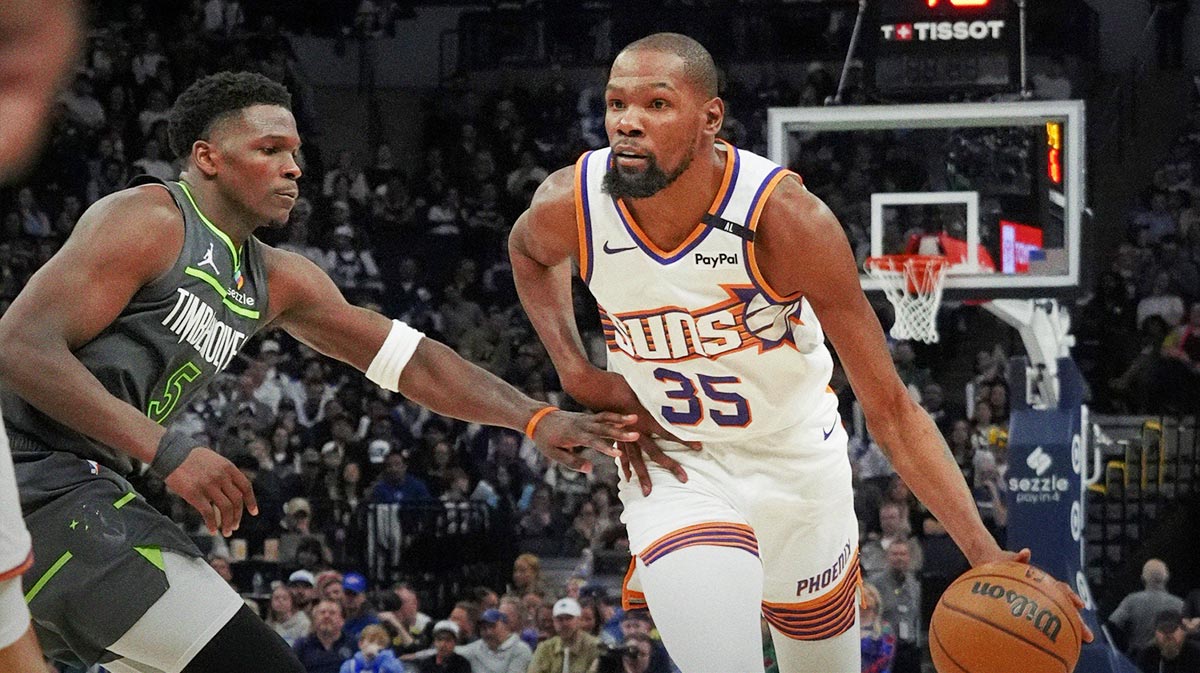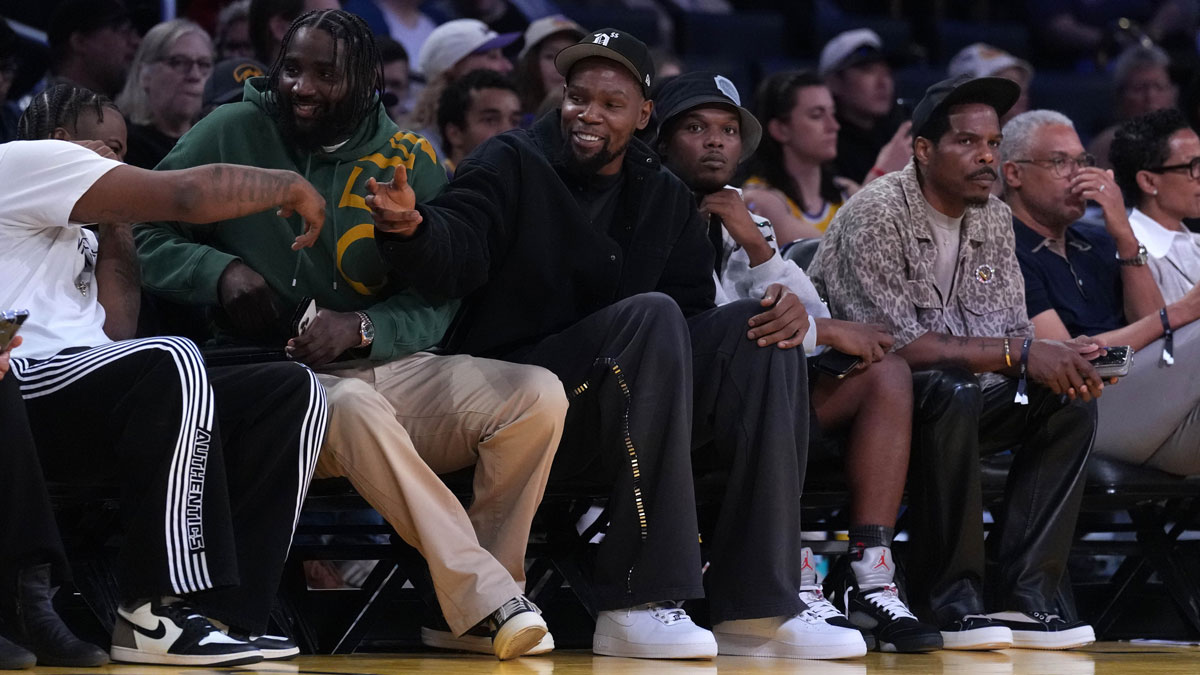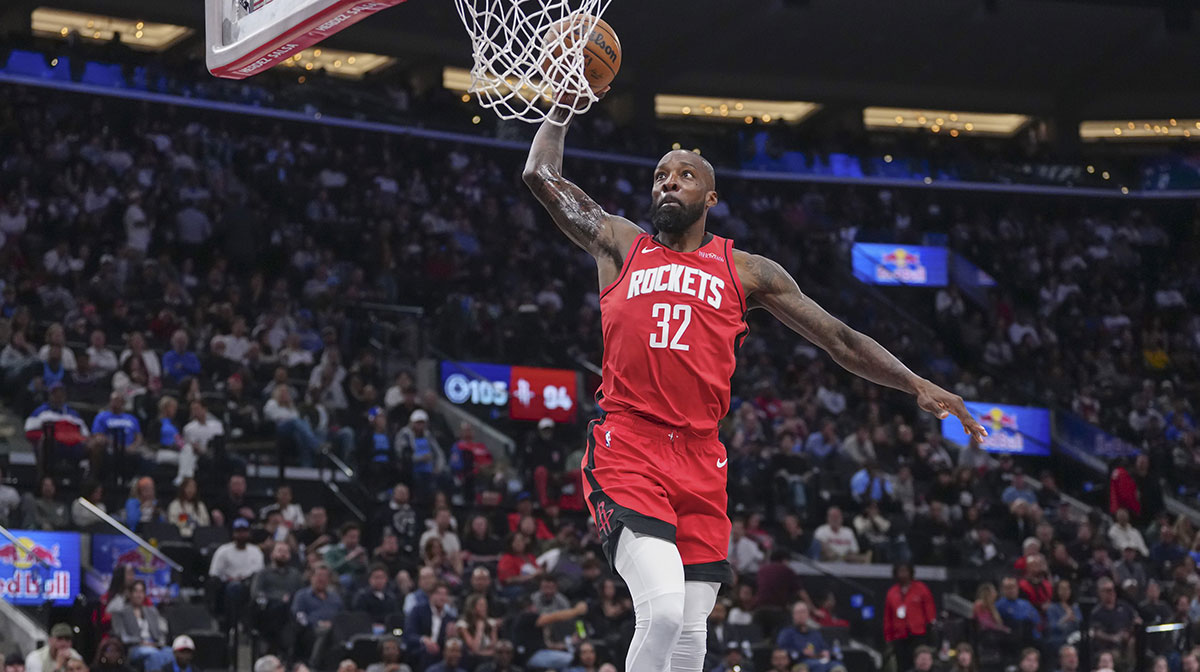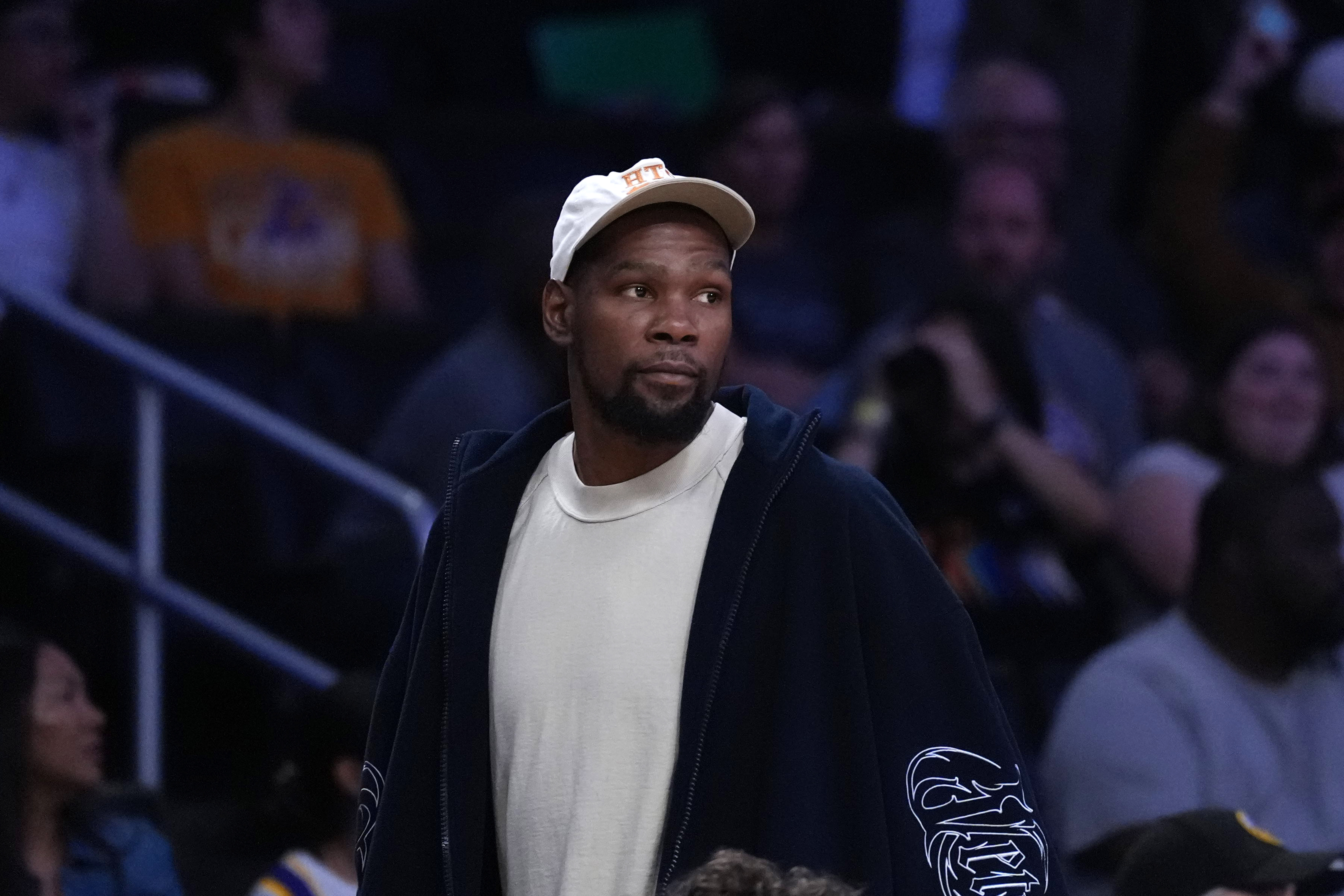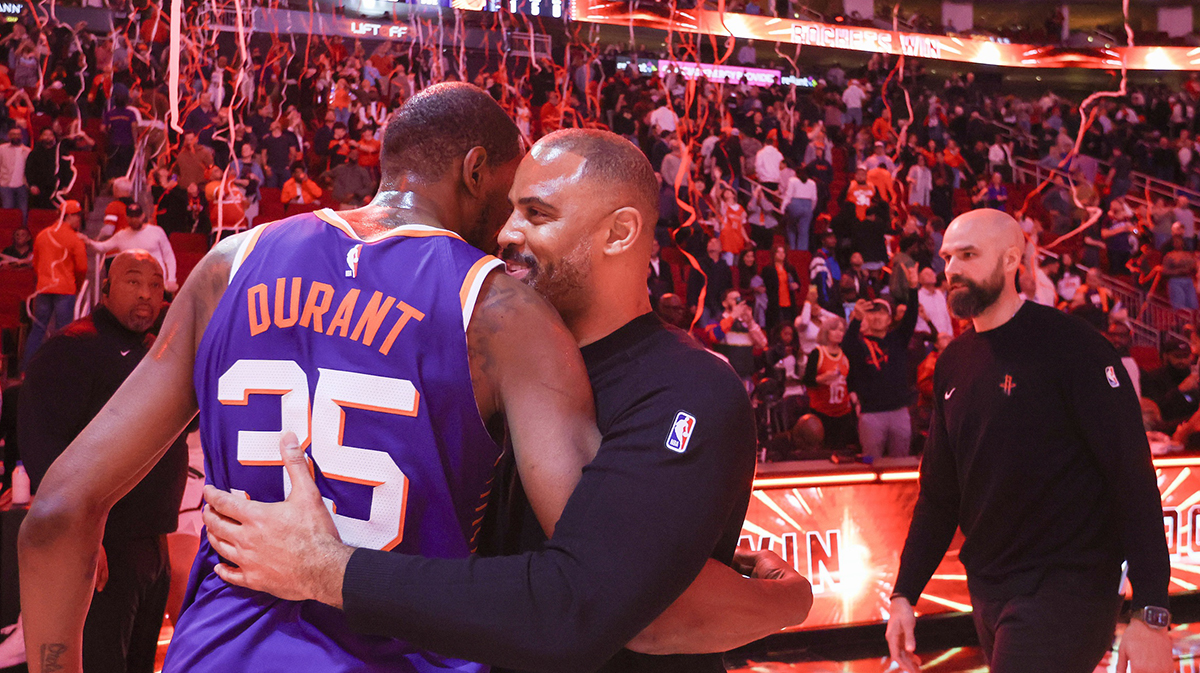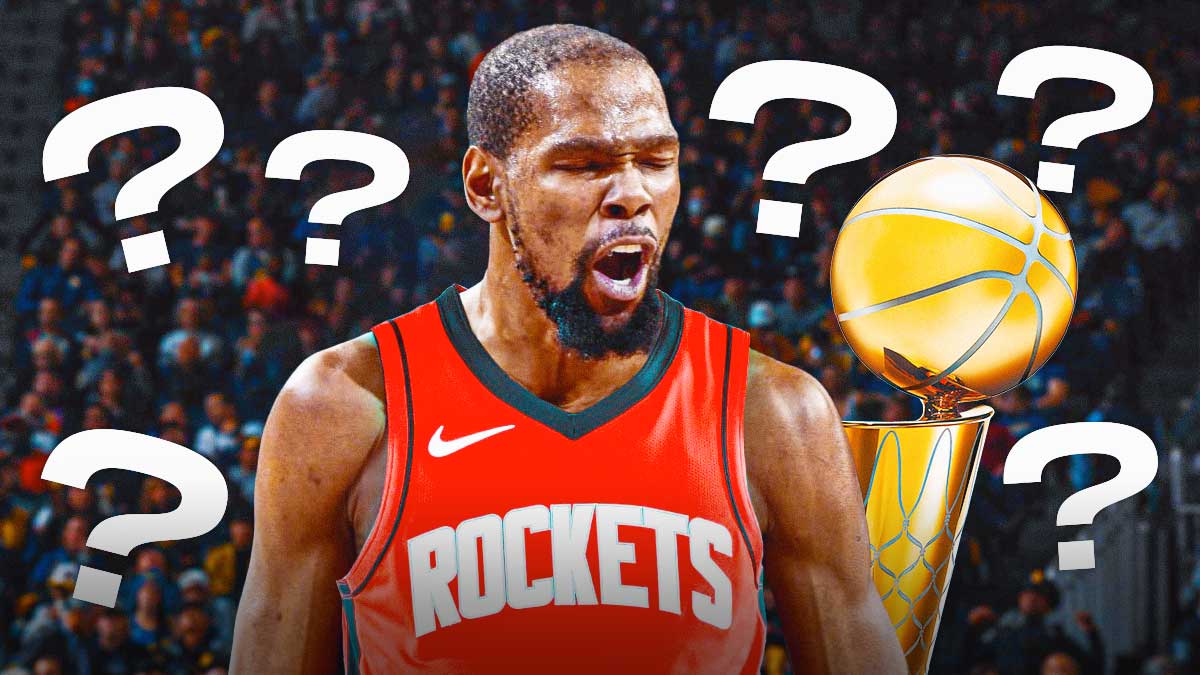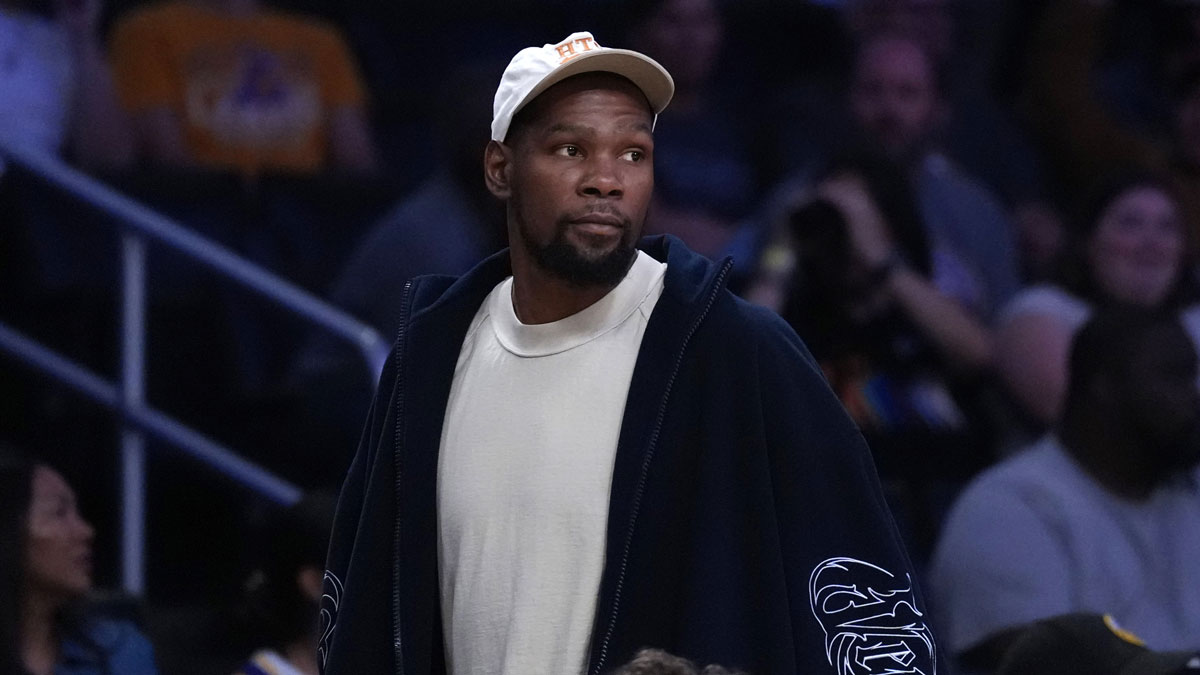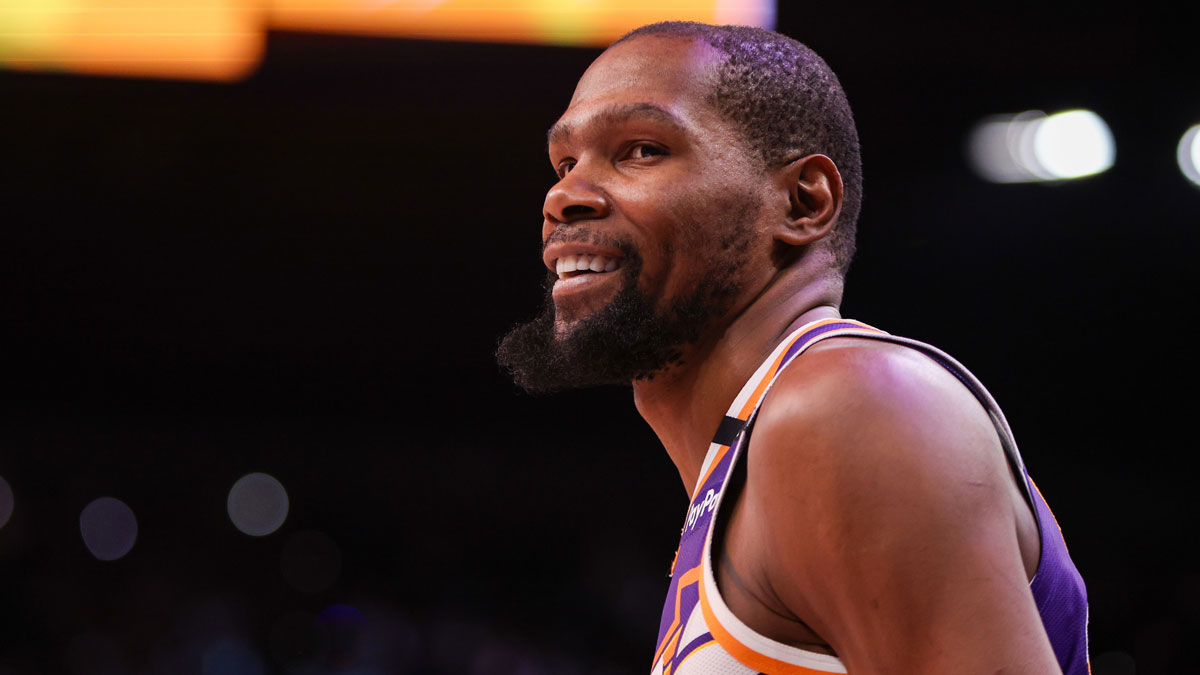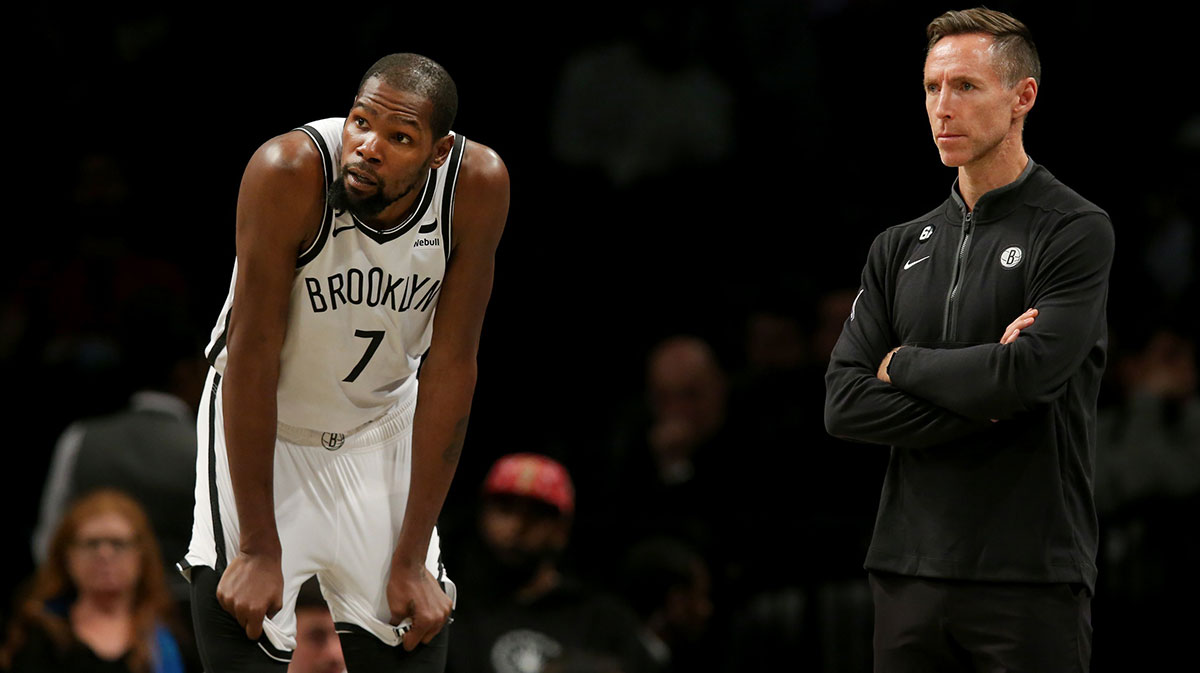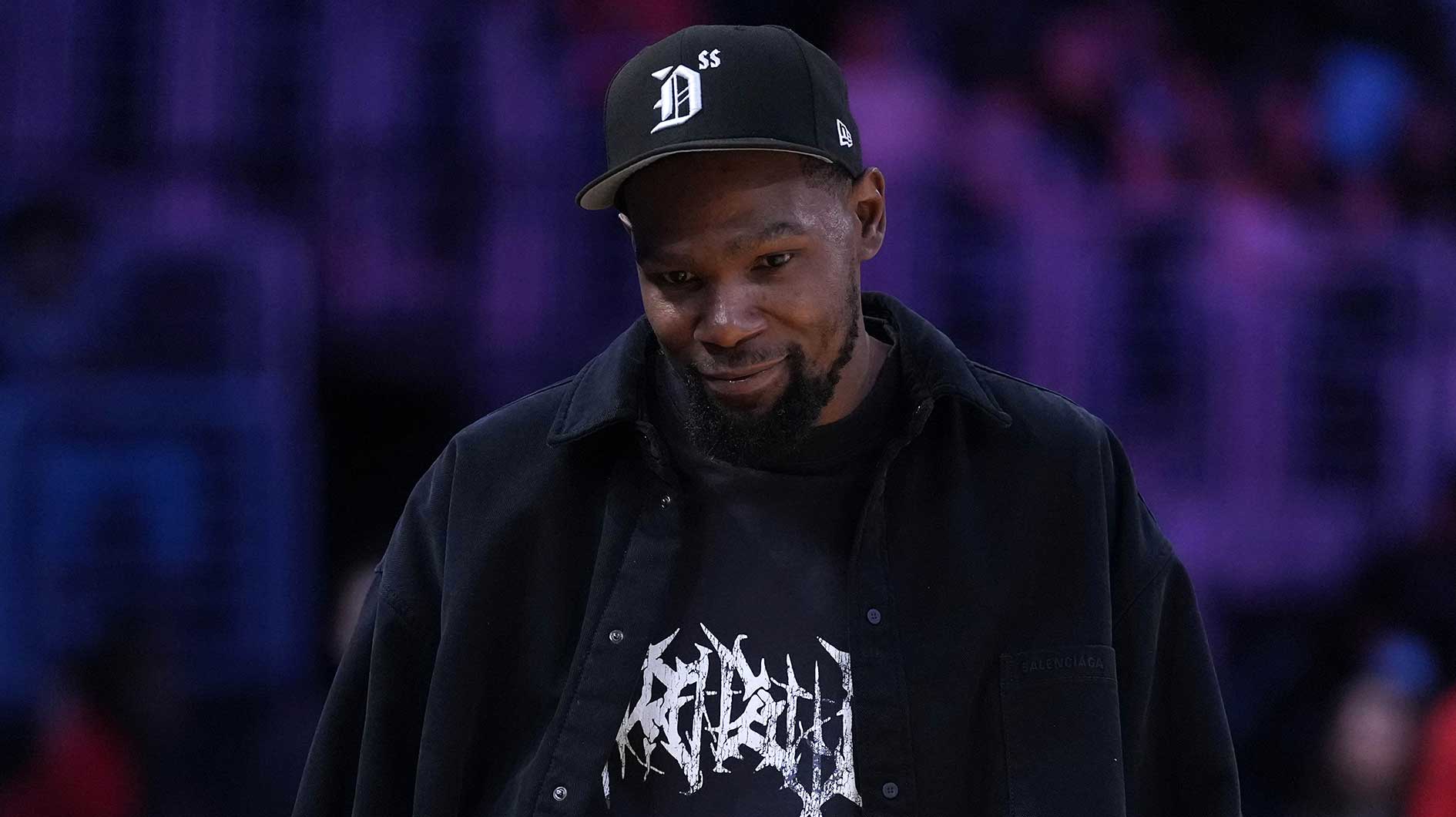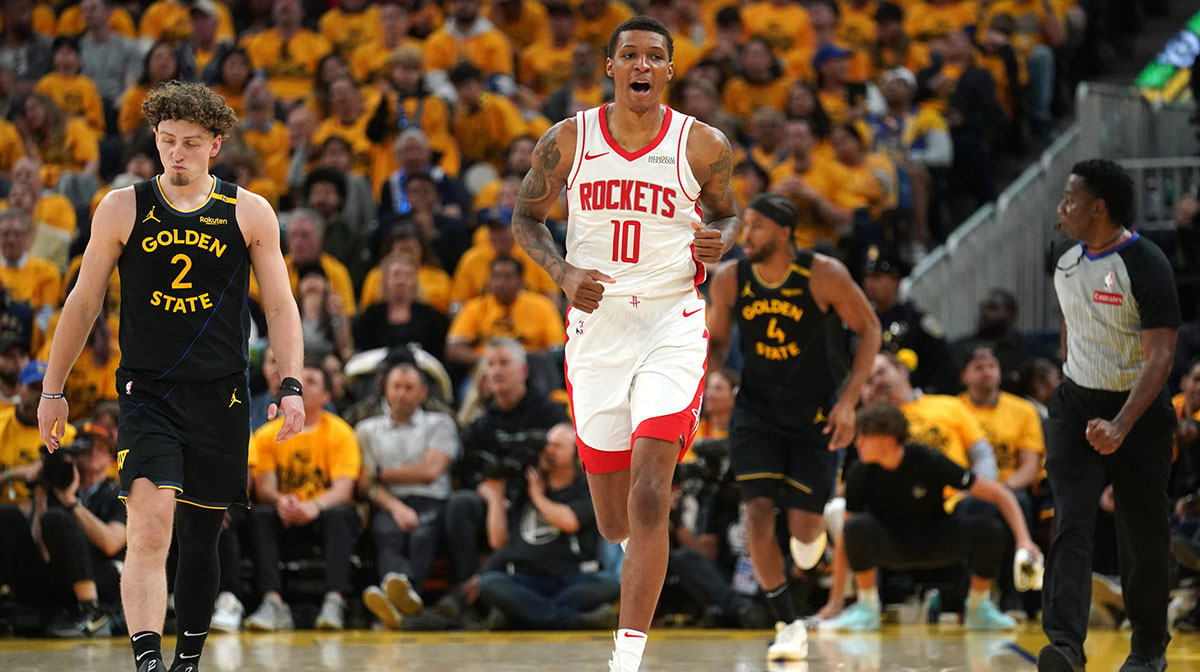Coming off a season in which they fell short of their two primary goals – unseat the Golden State Warriors in the Western Conference and ultimately win the NBA title – the Houston Rockets are now in an offseason full of intrigue.
Sure, they have James Harden, who is likely to be named as the 2017-18 MVP and a head coach in Mike D’Antoni, who’s proven that he's capable of helping the Rockets thrive in the NBA’s modern era he himself helped usher in, but the fact that they did not beat the Warriors in the playoffs to earn a spot in the NBA Finals only meant that the job is not done for general manager Daryl Morey.
While the 2018 NBA Draft is not going to present the Rockets all the answers to their offseason quandaries, it’s still an avenue they could use to add another weapon or depth to their roster. Unfortunately for the Rockets, they are not going to pick high, as they only have the rights to the 46th pick (second round) overall, courtesy of the Miami Heat.

Unless a trade happens that will move the Rockets up into the first round, the Rockets are very much likely to draft someone only a few might have heard about. Nevertheless, there have been second-round picks that turned out to be fine professionals eventually.
Just take for example the likes of Paul Millsap, Marc Gasol, DeAndre Jordan, and yes even the two Rockets in the forms of P.J. Tucker and Trevor Ariza. It’s unfair to think that a team as good as the Rockets will stumble upon a gold player in the second round, but that’s not entirely out of the realm of possibility.
This coming Thursday at Barclays Center in Brooklyn, the Rockets could be selecting any of the five names we have listed below.
Malik Newman (Kansas)
https://www.youtube.com/watch?v=IWcTP7DDQYI
Background:
Where would the Kansas Wildcats be last season without Malik Newman? Well, likely out of the Big Dance before the Final Four round.
Newman got the nation’s attention in the Elite Eight round of the NCAA National Tournament in which he exploded for 32 points in an 85-81 overtime win over Grayson Allen and the Duke Blue Devils. Perhaps it was in that game when Newman decided he’s going to declare for the 2018 NBA Draft because his stock did not soar any higher than when he scored all of Kansas’ 13 points in the extra period while millions around the planet were tuned in to the game.
A 6’3” combo guard, Newman began his college career in the SEC with the Mississippi State Bulldogs before transferring to Lawrence in 2016. Prior to all of that, he was ranked as the No. 1 point guard in the nation.
What can he do:
Jack up threes. That alone makes him look like a fit for the Rockets, who spent an entire season shooting the air out of any ball they could get their hands on. In fact, they ranked first in the NBA in the regular season with 42.7 3-point attempts per game. No other team averaged with 36.0 or more per contest.
In college, Newman averaged 13.0 points and 2.1 assists per game. His offense then was heavily predicated on going crazy from behind the arc, as he took 51.0 percent of his field goal attempts from distance.
Bill Self did not seem to have a problem with his player hoisting threes as though his life depended on it, though, as Newman knocked down 39.9 percent of his 3-point shots. Newman is also a good rebounder, especially for a player with his frame. In his lone season in Kansas, he finished second on the team, behind seven-foot Udoka Azubuike, in rebounds with 5.0 boards per outing.
Jevon Carter (West Virginia)
https://www.youtube.com/watch?v=lGqgApAPCWY
Background:
Carter won’t get people out of their seats with his physical traits or his athleticism (or lack thereof), but he can get under players’ skins because of his in-your-face on-ball defense.
In four years playing for West Virginia, Carter became known for his no-nonsense approach on defense. He led the Big 12 and was fifth in the nation in steals last season with 3.0 steals per game, as the linchpin of the Mountaineers’ dreaded “Press Virginia” defense that forced opponents into committing plenty of turnovers.
A 6-foot-2 point guard with a mere 6-foot-4 wingspan, Carter is not the prototypical point guard for today’s version of the NBA, but we’ve seen guys with similar frames like Fred VanVleet and T.J. McConnell carve out decent roles in their respective teams.
What can he do:
Carter finished with college career having compiled averages of 12.2 points, 3.7 rebounds, and 3.9 assists in 144 games in Morgantown. As mentioned earlier, he’s an elite swiper, which could make him a favorite asset for fantasy basketball managers looking for a nice source of steals.
He could also shoot decently from the outside. In his last season with the Mountaineers, Carter shot a career-high 39.3 percent from distance. He’s not going to be a starter – at least right away – in the NBA, but as part of the Rockets’ second unit, his playmaking, range, and most importantly, his defense will come in handy.
Justin Jackson (Maryland)
Background:
Jackson’s decision to forego joining the 2017 NBA Draft ended up backfiring. Although it’s heartwarming for the Terrapins to see Jackson delay his NBA dreams for at least one more year to come back and play out his sophomore season in Maryland, the forward’s decision ended up backfiring.
https://www.youtube.com/watch?v=QeOFtetDwc8
Once touted as a first-round talent, Jackson’s value plummeted after he suffered a torn labrum prior to the season, which he tried to play through before ending up in the surgery room, ultimately ending his college career.
Clearly hobbled by his injury, Jackson saw his 3-point shot go from a team-best 43.8 percent in his freshman season down to a painful 25.0 percent clip in 2017-18 while averaging 9.8 points and 8.1 rebounds in only 11 games.
What can he do:
The labrum injury definitely hurt his stock, and even if he’s fine now, there will always be questions about his durability. Assuming he’s fine, though, Jackson can easily find a fit with the team that would draft him.
https://www.youtube.com/watch?v=9Si2aq-YVA8
Standing 6-foot-7 with a frame that comes with a freakish 7-foot-3 wingspan, Jackson checks some of the tools that suit the modern two-way forward, per ESPN:
Jackson fits the physical component of the two-way combo forward archetype perfectly, standing 6-foot-6 barefoot, with a 7-foot-3 wingspan and 229-pound frame. Our historical measurements database (which has more than 9,000 entries) tells us he's almost an exact match to Kawhi Leonard physically, with OG Anunoby being his second-closest comparison. Rudy Gay and Draymond Green aren't far behind. Jackson has the frame, length and reach to see some minutes at the center position even in small-ball lineups, even if he never got a chance to show that in college, where he saw quite a few minutes at small forward.
Jackson made sound use of his physical makeup in college, particularly on defense, as he was able and willing to cover quicker guards and heftier frontcourt guys. His ability to guard multiple positions has plenty of value in today’s “position-less” NBA. If Trevor Ariza leaves the Rockets this offseason, Jackson could serve his replacement, one with a cheaper price tag. It will add a tremendous bonus to the Rockets also if Jackson recovers his feathery touch from downtown.
Gary Trent Jr. (Duke)
https://www.youtube.com/watch?v=hyeV37oLQps
Background:
Yes. Trent Jr. is the son of former NBA player Gary Trent Sr. Now that’s out of the way, let’s talk a little bit more about the former Duke Blue Devil. Trent spent just one season under the wing of the great Mike Krzyzewski, but immediately made a mark mostly due to his outside sniping.
At 6’6”, he has a great size for a guard. His 6’8” wingspan may not be great, but it’s not inadequate either. Anyone can shoot in today’s NBA landscape, and while having a great touch from the perimeter is a good start for a player like Trent Jr., he’ll have to develop and polish more skills in order to become a vital asset to his team.
What can he do:
A big reason why Duke had one of the best and most efficient offenses in the nation last season was Trent. Thanks in large part to Trent’s shooting, Duke was able to stretch its opponents’ defense, giving double-double machine Marvin Bagley III plenty of room to operate down low and eat defenders alive on single coverages.
https://www.youtube.com/watch?v=FUQpTaG_Wn4
Trent spent most of his time on the court parked downtown, as he took 56.4 percent of his shots from long range and made an incredible 40.2 percent of them. Imagine having that kind of weapon in Houston. Trent and Eric Gordon are going to make a terrific off-the-bench tandem. That said, he will have to put some work on his offense inside the arc to be more effective, as he seems to suffer from “shot myopia”, as he shot just 33.6 percent on two-point jumpers while in Duke.
Jarred Vanderbilt (Kentucky)
Background:
Much like Justin Jackson, health has been a big issue for the 6-foot-9 Vanderbilt in terms of improving his stock in the draft. The big man has a history with lower-body injuries dating back to his high school days at Victory Prep, where he was coached by former Rocket Rodney McCray, and his health woes continued to trouble him in Lexington.
From Posting and Toasting:
A 5-star recruit out of high school, repeated injuries — 3 to be exact — to his left foot forced him to miss large chunks of time during his senior year of high school and limited him to just 14 games in his lone season with the Wildcats. Concerns over that foot have seen his stock drop into the second round.
Still, using a deep second-round pick on someone like Vanderbilt does not sound like too much of a risk for the Rockets. It won’t also hurt them to have a contingency plan should they lose grip on Clint Capela in free agency.
What can he do:
In an appearance on The Ringer NBA podcast back in May, Sacramento Kings guard De’Aaron Fox heaved huge praises on Vanderbilt, particularly about the big man’s glass work (h/t Bryan Kalbrosky of HoopsHype).
“For him, once he gets healthy … he’s the best rebounder I’ve ever seen … He can really handle the ball, he can play point guard if you really need him to. But he can go get the rebound and push the ball down the floor with anybody.”
You could say that what Fox said should be taken with a grain of salt since, like Vanderbilt, the Kings’ playmakers is from Kentucky. Then again, you should not. Indeed, few players in college could match the ferociousness of Vanderbilt, who boasts of a 7-foot-1 wingspan, when it comes to rebounding.
In his short stint with the Wildcats, he was able to average 7.9 rebounds despite playing in just 17.0 minutes per game. Adjusted per 100 possessions, Vanderbilt used to snag 26.5 rebounds in college. His 25.7 rebounding percentage was higher than DeMarcus Cousins’ best mark in Kentucky which was at 22.5 percent.
Vanderbilt can also kickstart fastbreak opportunities by putting the ball on the floor himself in transition. There are some questions about Vanderbilt’s offense, but it’s definitely something he could develop in the pros.

